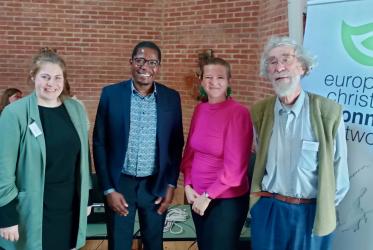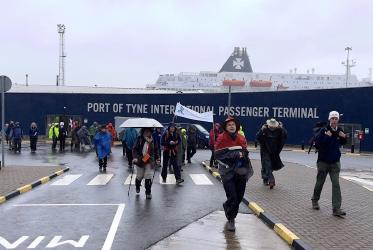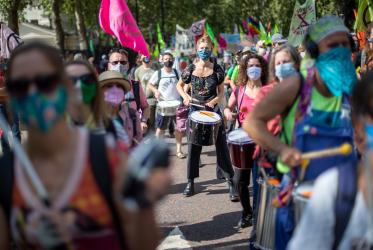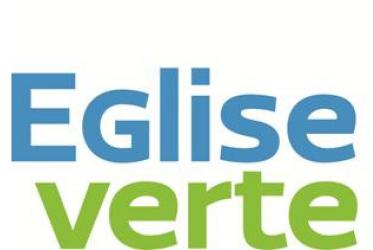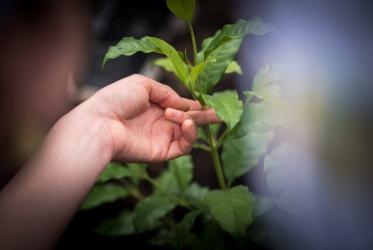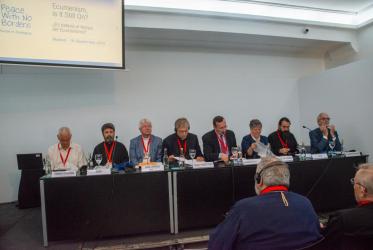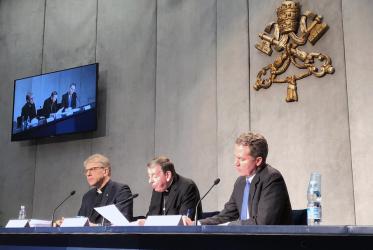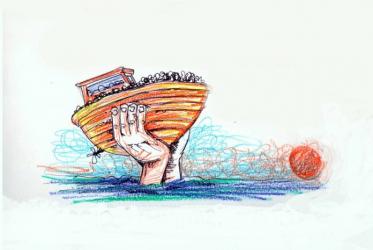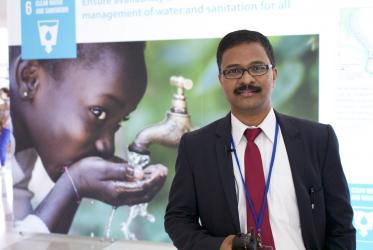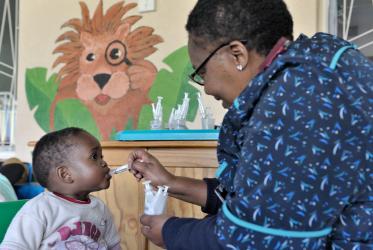Displaying 1 - 20 of 56
21 February 2024
In lead-up to COP26, churches augment calls for climate justice
30 September 2021
Ecumenical conference features theological reflections on ecology
16 February 2021
Churches should use their voice on climate change
26 February 2020
Greenland’s grand Gospel preacher
07 February 2020
A humble servant in God’s herd
10 July 2019
“There are no spare parts for whales”
13 June 2019
WCC expresses sadness, solidarity after Notre Dame fire
16 April 2019
Mediterranean Hope: “On land, at sea and In the skies…”
20 December 2018
All pilgrim routes lead to COP24
11 December 2018
Dialogue addresses improving HIV testing and treatment for children
10 December 2018
Assisi: On the ecumenical pilgrimage into a more sustainable future
03 September 2018

